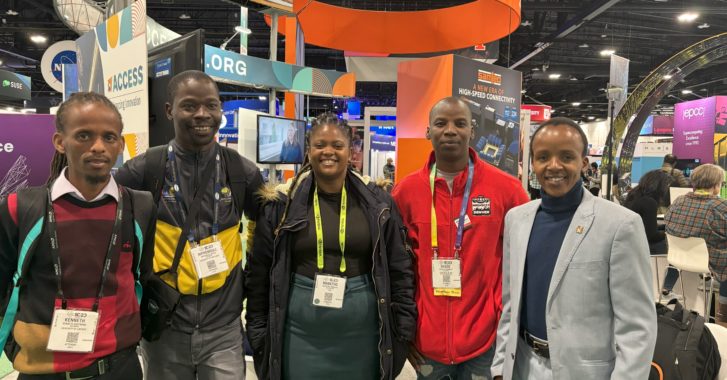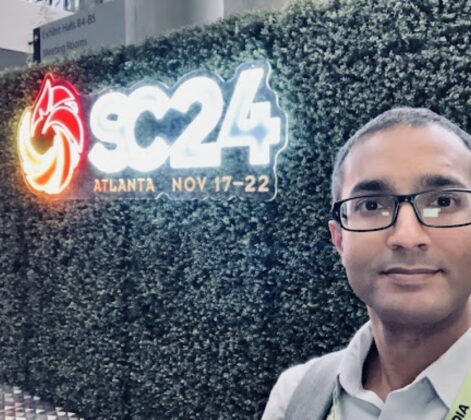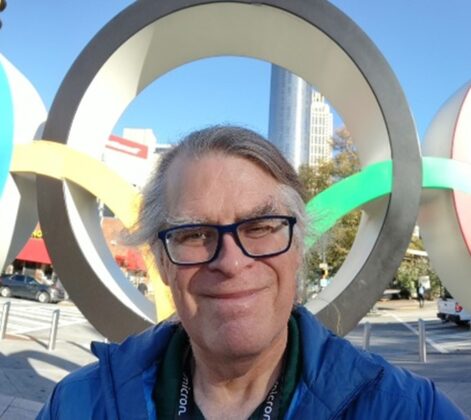By Senzo Mpungose, Operations Manager, University of Witwatersrand, South Africa
The Supercomputing Conference (SC23) isn’t just an event; it’s a celestial convergence of computing enthusiasts, a symphony of silicon, and an intellectual playground where ideas bounce around like electrons in a superconductor or attendees on opening day of the exhibit hall. This year’s SC23 was no exception, and my journey through the dazzling world of high-performance computing (HPC) left me both enlightened and invigorated.
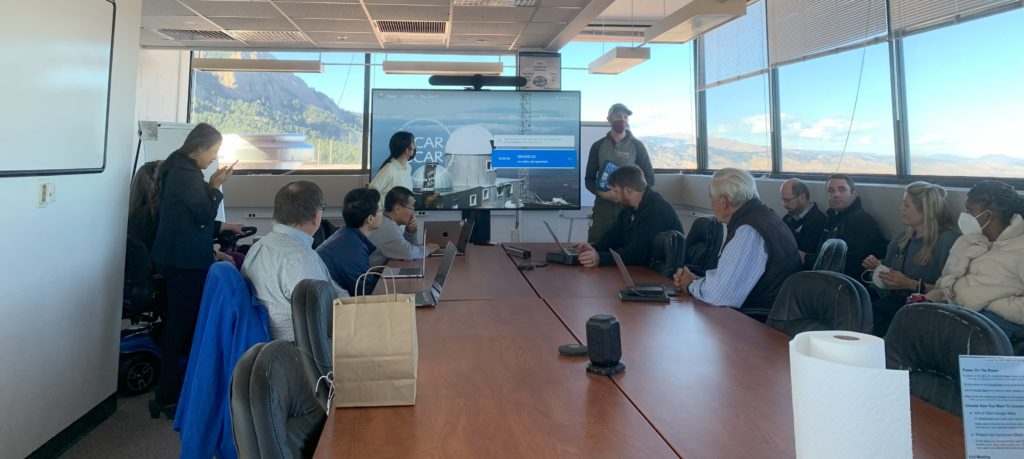
NCAR: Where Ideas Bloom Faster Than My Morning Coffee: One unexpected highlight of my SC23 experience was a visit to the National Center for Atmospheric Research (NCAR). Nestled in the scenic beauty of Boulder, Colorado, NCAR proved to be a treasure trove of project ideas that are not only cost-effective but also rich in potential for groundbreaking research. Attending the NCAR presentations, I stumbled upon a goldmine of collaboration opportunities, including connections with former Wits University alumni. It’s amazing how a chance encounter can spark a collaboration that might have otherwise remained dormant. There were also ideas on conducting astonishing research on a shoestring budget, I am sure this sounds fabricated.
PAIN is just weakness leaving the body (Chesty Puller): The NRG@SC23 workshop, aside from providing a wealth of knowledge on energy research and how renewables can better advance HPC in developing countries, included a panel of experienced directors, including Happy Sithole (South African NICIS/CHPC), Ben Rogers (Former U-Iowa), Martilio Rafael Banze (MoRENeT), and Honggao Liu (Texas A&M). I had the honour of facilitating this panel. As panelists provided insights on Power, Access, Interoperability, and Networking issues that occurred in their workplace leaving them with unwelcomed headaches, I was left in awe of how much even the most established institution has in common with others when it comes to such problems. What was fascinating to discover is that the PAIN never goes away, and so, we should always have documentation on emergency protocols and contact details so that if ever something such as a pipe burst occurs, we can answer that old age question of “who you gonna call?”
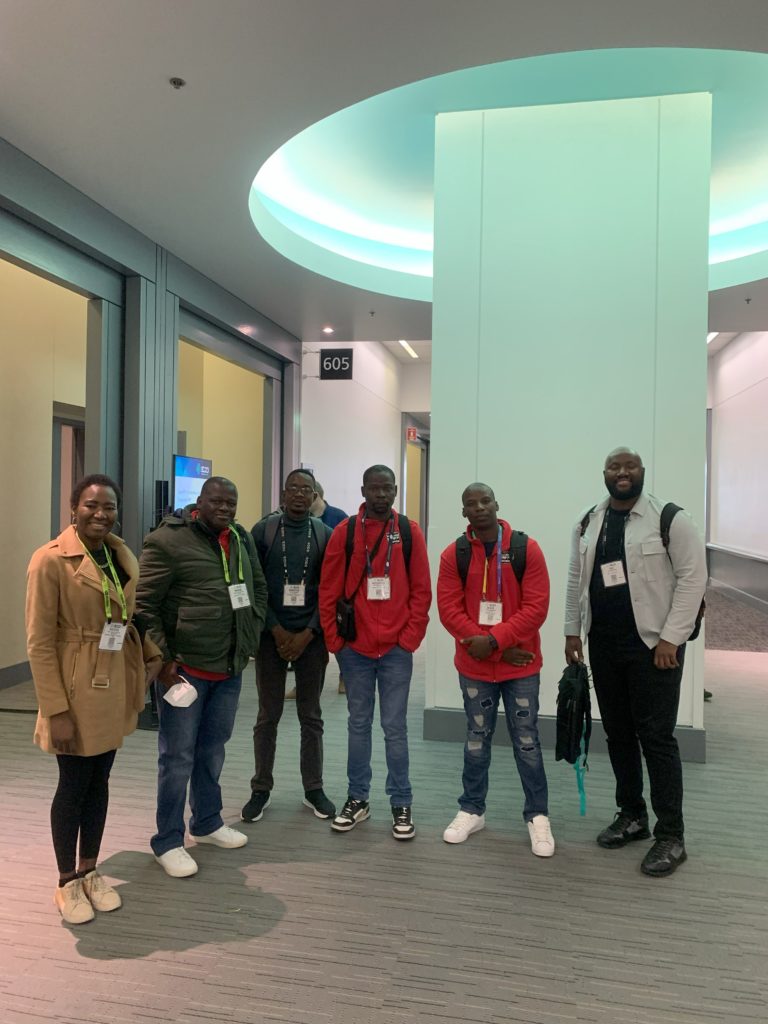
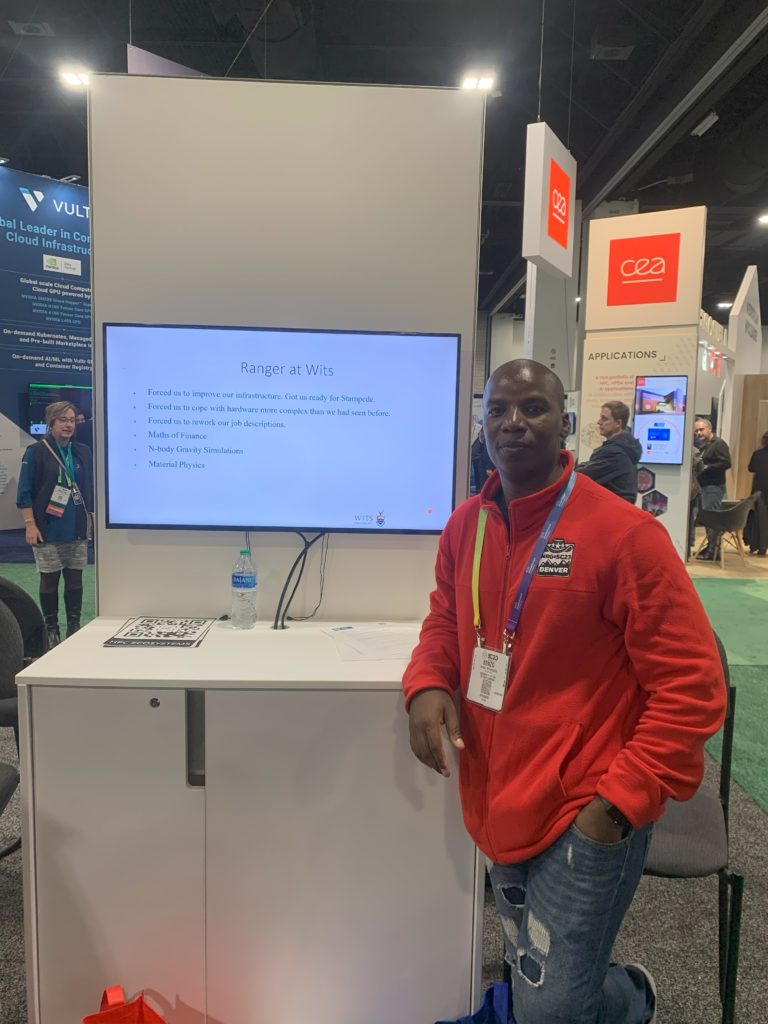
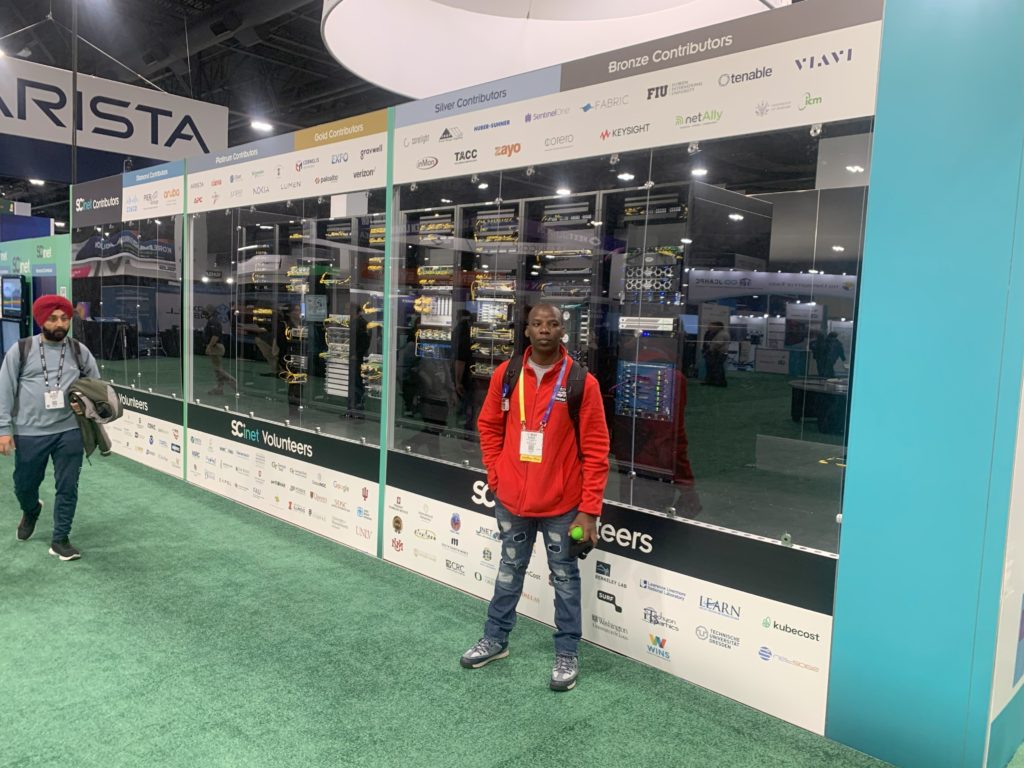
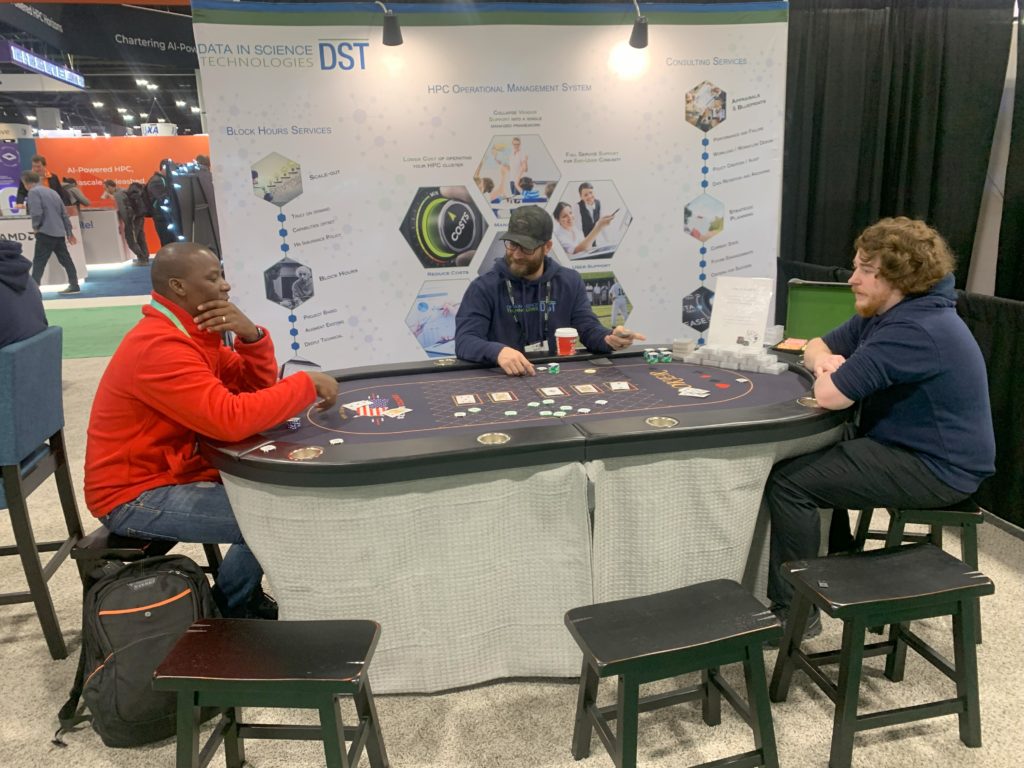
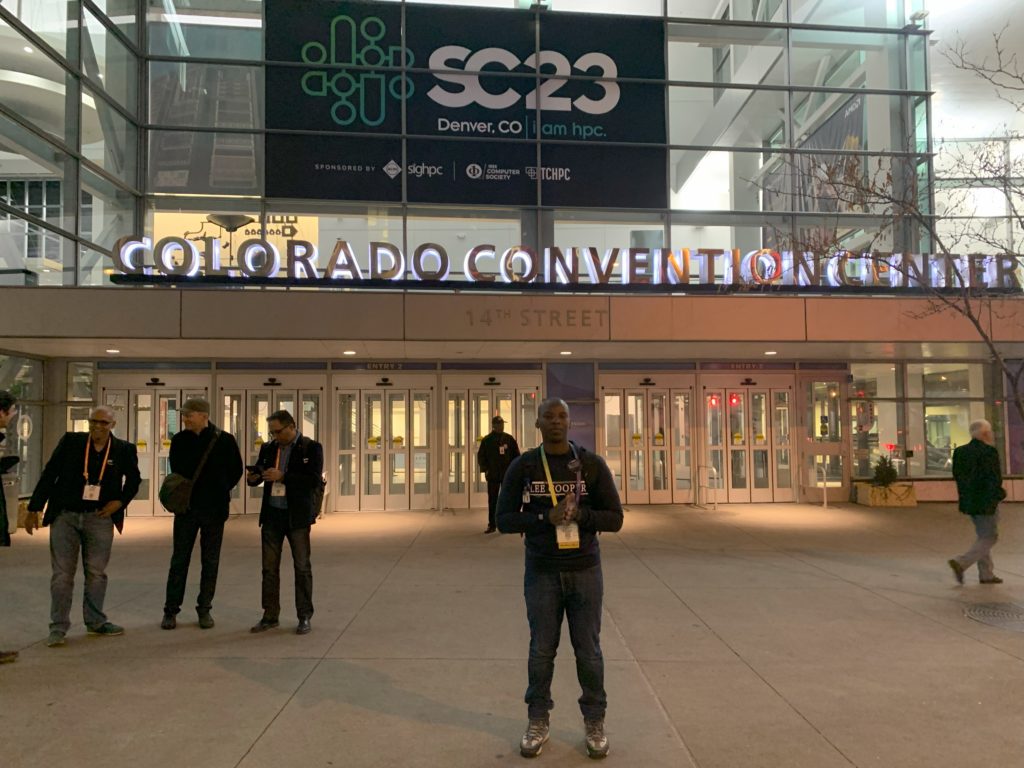
From the Motherland to the Heart of HPC: SC23 was more than just a meeting of minds; it was a global gathering that transcended borders. Amidst the sea of computing aficionados, I had the pleasure of meeting brilliant minds from various African countries, who have immigrated to the U.S but are always seeking opportunities to connect and collaborate with Africans in Africa. This was even more profound when I met a researcher from my own institution who, because of institutional challenges, needed compute resources that are not available in their department. Through this trip we were able to meet, exchange information and are now in the process of providing the resources he needs through our department’s available compute capacity. The camaraderie amongst Africans at SC23 was infectious, and the exchange of ideas was as diverse as the continent itself. It was a reminder that innovation and collaboration know no boundaries, and that HPC is an international affair.
Breaking Barriers in HPC Education: Attending talks on HPC education was not only enlightening but also inspiring. The emphasis on promoting inclusion in the field struck a chord with many attendees, myself included. One of the biggest challenges we face in my environment is representation in HPC. Insights from these sessions offered a roadmap for fostering diversity in the world of supercomputing, paving the way for a more inclusive and vibrant community.
TACC Chronicles: Donations, Decommissioned Systems, and Developing Nations: A rendezvous with the Texas Advanced Computing Center (TACC) was like stepping into the heart of the computational beast. Discussing the impact of their donated equipment and providing feedback on how these contributions catalyse research and benefit institutions in developing countries was eye-opening for them. The lifecycle of decommissioned systems, repurposed for noble causes, showcased the collaborative spirit that defines the African HPC Ecosystems community. This opportunity to meet with TACC Director Dan Stanzione and his team is not taken lightly. The investment and initiatives that TACC directs to African institutions has moved the needle in HPC in Africa and continues to help develop capacity and skills long after they shift focus.
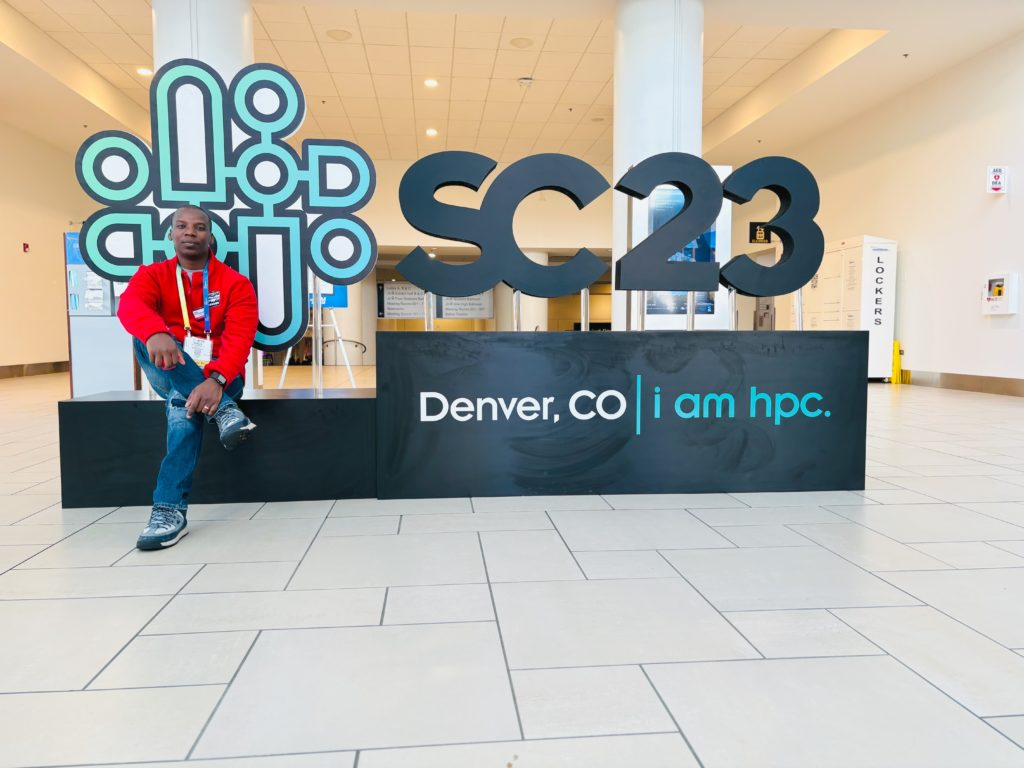
HPC Ecosystems Pavilion: Catching the Eye of Industry Giants: Organized by Bryan Johnston and John Poole, The HPC Ecosystems Pavilion Booth was a spectacle that attracted attention from unexpected corners. Companies like Celestica, recognizing the potential in fostering HPC growth in Africa, offered their support. Their network switches are poised to become catalysts for progress, and the prospect of collaboration holds the promise of propelling HPC on the African continent to new heights. The booth provided us an opportunity to present our individual institutions’ involvement in the African HPC Ecosystems project, and helped raised awareness, recognize progress, and potentially catch the eye of new companies that wish to help move Africa forward.
In Conclusion: SC23 – Where Ideas Soar and Networks Flourish
SC23 was more than just a conference; it was a voyage into the future of HPC. From the picturesque landscapes of NCAR to the vibrant tapestry of African intellect, the experience was nothing short of exhilarating. As we navigate the uncharted territories of computing, one thing is clear: the heart of innovation beats loudest when minds from diverse backgrounds converge, collaborate, and celebrate the boundless possibilities of the computational frontier. My gratitude and profound appreciation to Elizabeth Leake who works tirelessly to ensure that STEM-Trek, through donations and support from amazing companies such as Google, VAST Data, AWS, Airlink Airlines, and the U.S. National Science Foundation, recognize these possibilities, invest in building talent in Africa but most importantly, recognize that Africa cannot and should not be left behind. A special thank you to SC23 General Chair Dorian Arnold (Emory University) who, when recognizing the work done by STEM-Trek, provided necessary support to ensure that many of us could register for the technical program and attend workshops and tutorials.
Until SC24 beckons, I’ll be riding the wave of inspiration and newfound connections, eager to contribute to the ever-expanding universe of supercomputing.
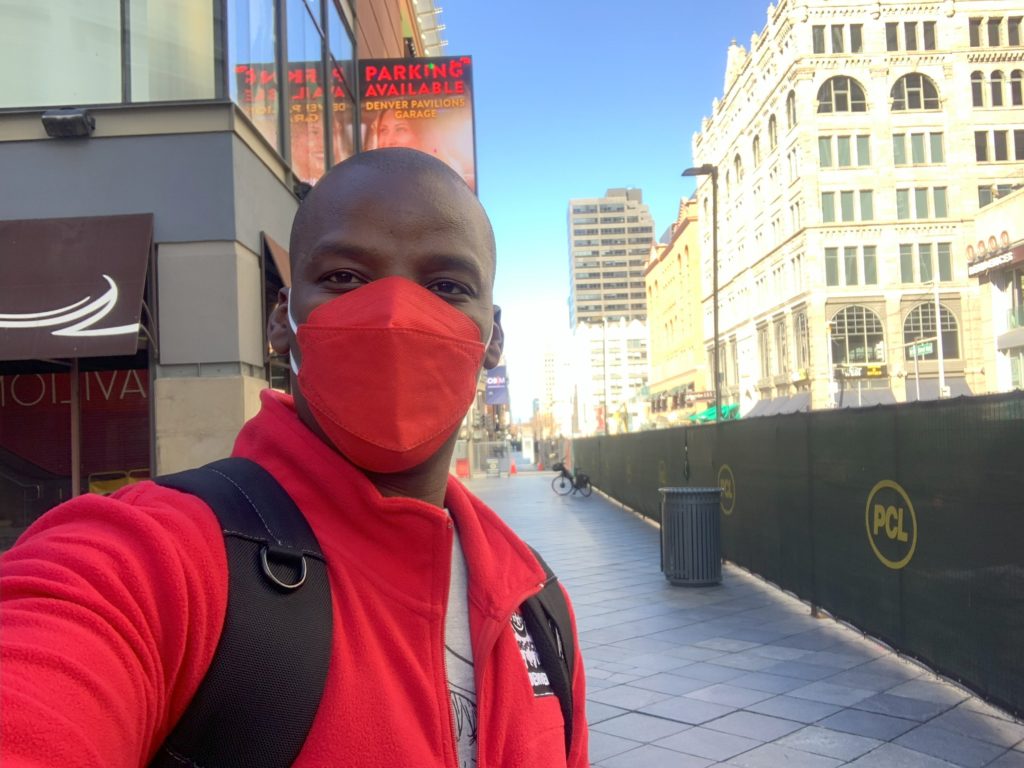
Thank you sponsors!


